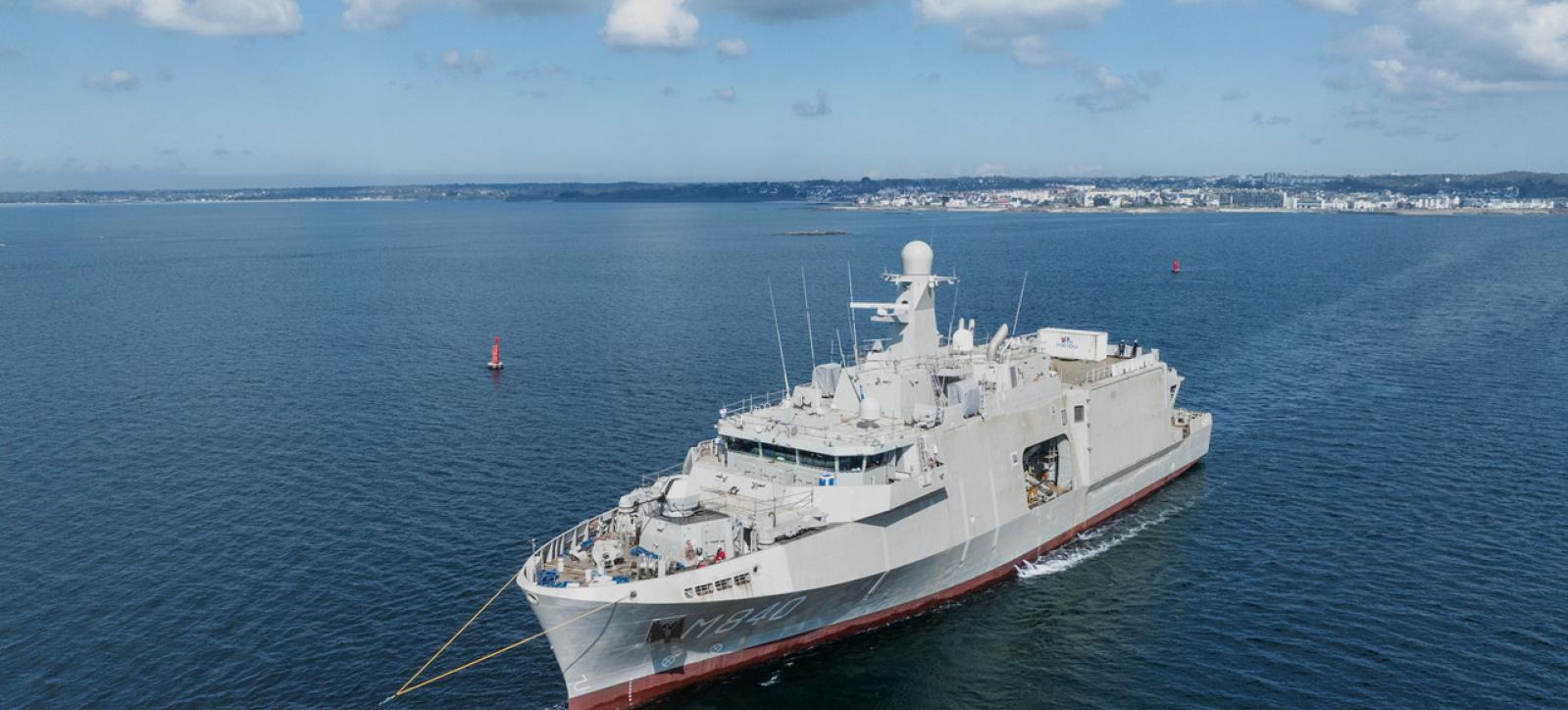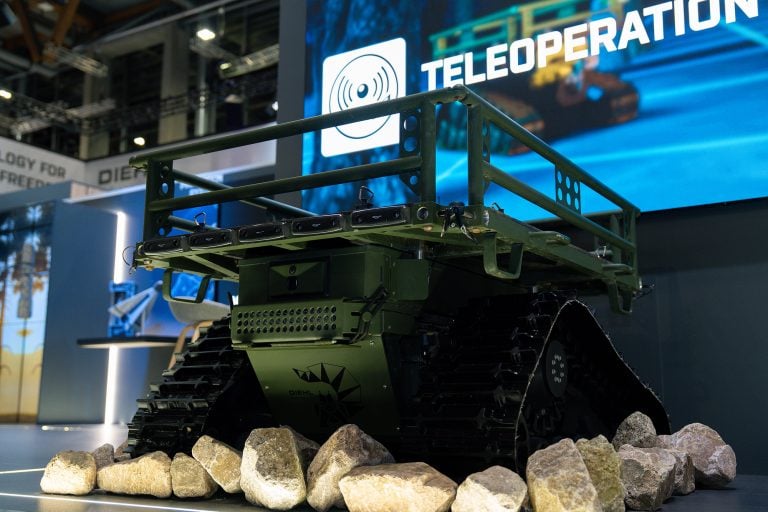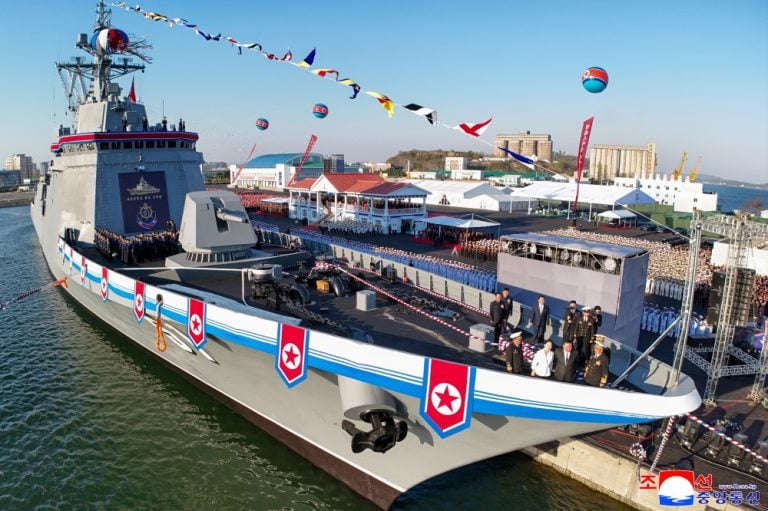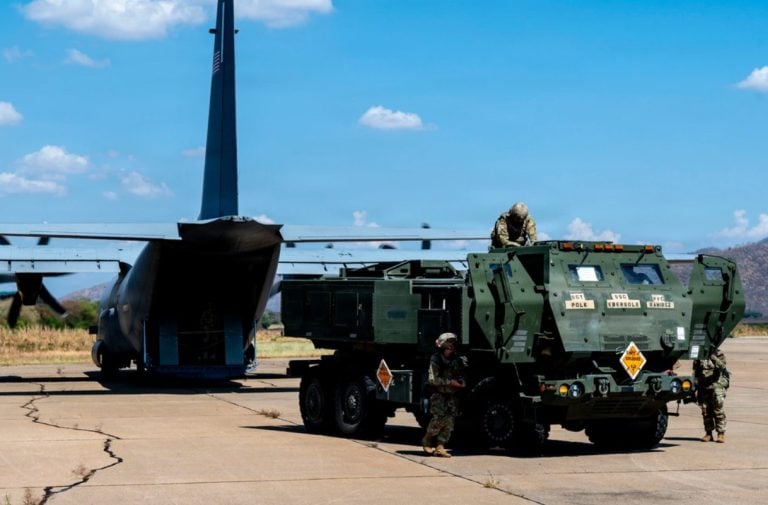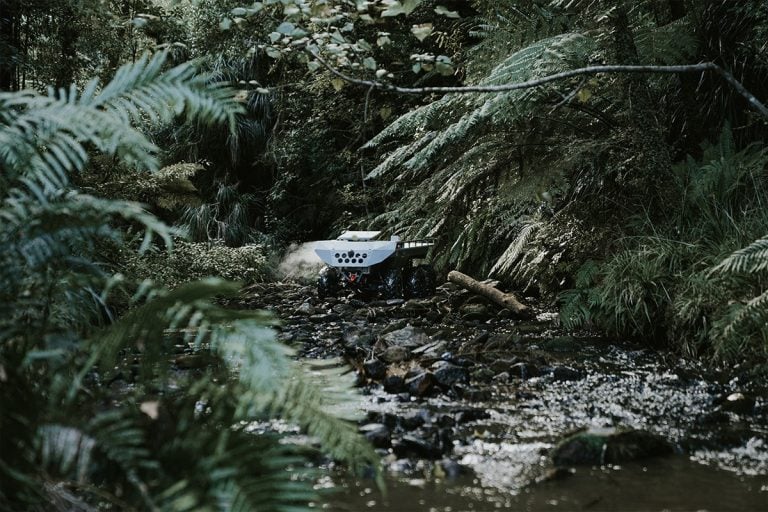The Belgian-Dutch rMCM (replacement Mine Countermeasures) program has taken a significant step forward with the commencement of sea trials for its second ship, the Vlissingen. The trials are being conducted from Concarneau, France, marking an important milestone for the Royal Netherlands Navy. Scheduled for delivery at the end of 2025, these trials are essential for evaluating the vessel’s capabilities. The inaugural day at sea focused on assessing the ship’s propulsion and maneuverability, with subsequent trials planned to test the performance of all onboard systems.
This latest sea trial follows the progress of the program’s first vessel, the Oostende, which is currently undergoing combat system trials and is slated for delivery to the Belgian Navy in the upcoming summer. Additionally, preparations are underway for the third ship in the series, Tournai, which is expected to begin its trials by the end of the summer. The program also anticipates the launch of its fourth vessel, Scheveningen, for the Royal Netherlands Navy, which took place in November 2024. In total, the rMCM program includes 12 vessels, with six designated for each navy, all expected to be delivered by the end of 2030.
The mine countermeasure vessels are equipped with advanced integrated unmanned systems designed for the detection, classification, identification, and neutralization of mines. These innovative vessels can clear mined areas up to ten times faster than traditional methods, according to the program partner, Naval Group. Emphasizing security, the vessels are built to be cyber-secure and resilient against underwater explosions. They are also notable for being the first naval platforms capable of embarking and launching a mix of surface, underwater, and aerial drones.
Each rMCM vessel boasts features that enhance their operational effectiveness, such as low acoustic, electrical, and magnetic signatures, making them challenging to detect by adversaries. The vessels measure 82.6 meters (271 feet) in length, 17 meters (56 feet) in width, and have a displacement of 2,800 tons. They can achieve a maximum speed of 15.3 knots (28.3 kilometers/17.6 miles per hour) and have an impressive operational range of 3,500 nautical miles (6,482 kilometers or 4,028 miles). A crew of 63 can comfortably be accommodated aboard each vessel.
The rMCM program originated in 2019 with an award to Belgium Naval & Robotics, a consortium formed by Naval Group and Exail. Kership, a joint venture involving Piriou and Naval Group, is serving as the industrial prime contractor. Naval Group is tasked with ship design, system integration, testing, and commissioning, while Kership and Chantier Piriou manage manufacturing and assembly. Furthermore, Exail oversees the drone mission systems, with a significant portion of drone production and maintenance handled by Exail’s subsidiary based in Ostend, Belgium.
